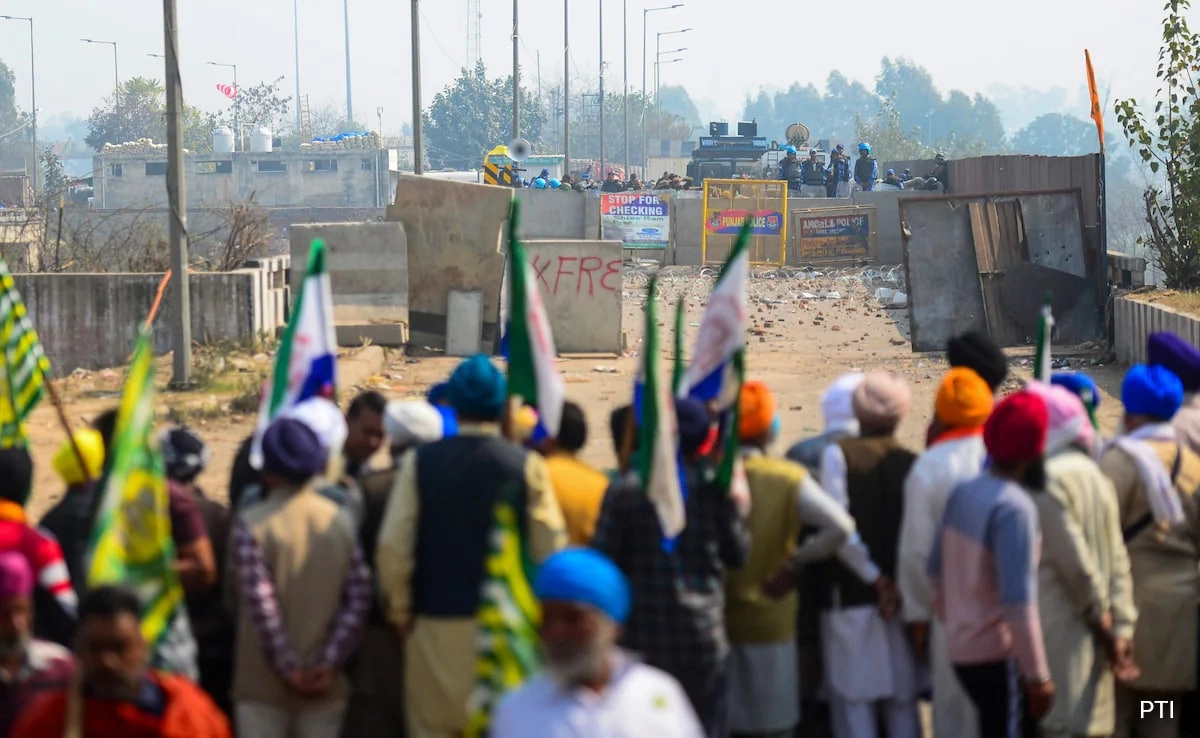On August 13, a significant gathering of trade unions and farmers is expected to take place as they unite to protest against the tariffs imposed by the United States and the proposed India-UK trade deal. This demonstration symbolizes the growing discontent among various sectors of society regarding trade policies that they believe could adversely impact their livelihoods. The protest reflects a broader sentiment that these tariffs and trade agreements may favor corporate interests at the expense of local farmers and workers, leading to calls for more equitable trade practices.
The tariffs imposed by the United States have been a contentious issue, particularly for farmers who rely on international markets for their goods. Many farmers argue that these tariffs create barriers that limit their access to lucrative markets, ultimately affecting their income and sustainability. The proposed trade deal between India and the UK has also raised concerns among trade unions, as they fear it may lead to unfavorable terms that could undermine labor rights and protections. The convergence of these two issues has galvanized both farmers and trade union members to voice their opposition collectively.
As the protest approaches, organizers are mobilizing participants to raise awareness about the potential implications of these trade policies. They aim to highlight how tariffs and trade agreements can lead to job losses, reduced wages, and increased economic inequality. Through this demonstration, the protesters hope to send a clear message to policymakers that they demand fair trade practices that prioritize the interests of workers and farmers over corporate profit. The event is not only a platform for expressing dissent but also an opportunity to foster solidarity among various groups affected by these economic policies.
The August 13 protest could serve as a pivotal moment in the ongoing dialogue about trade relations and their impact on local economies. It underscores the importance of considering the voices of those directly affected by such agreements and policies. As trade dynamics continue to evolve, the concerns raised by farmers and trade unions highlight the need for a more inclusive approach to trade negotiations that takes into account the livelihoods and welfare of all stakeholders involved. The outcome of this protest may influence future discussions and decisions surrounding trade policies, emphasizing the necessity of balancing economic growth with social equity.




